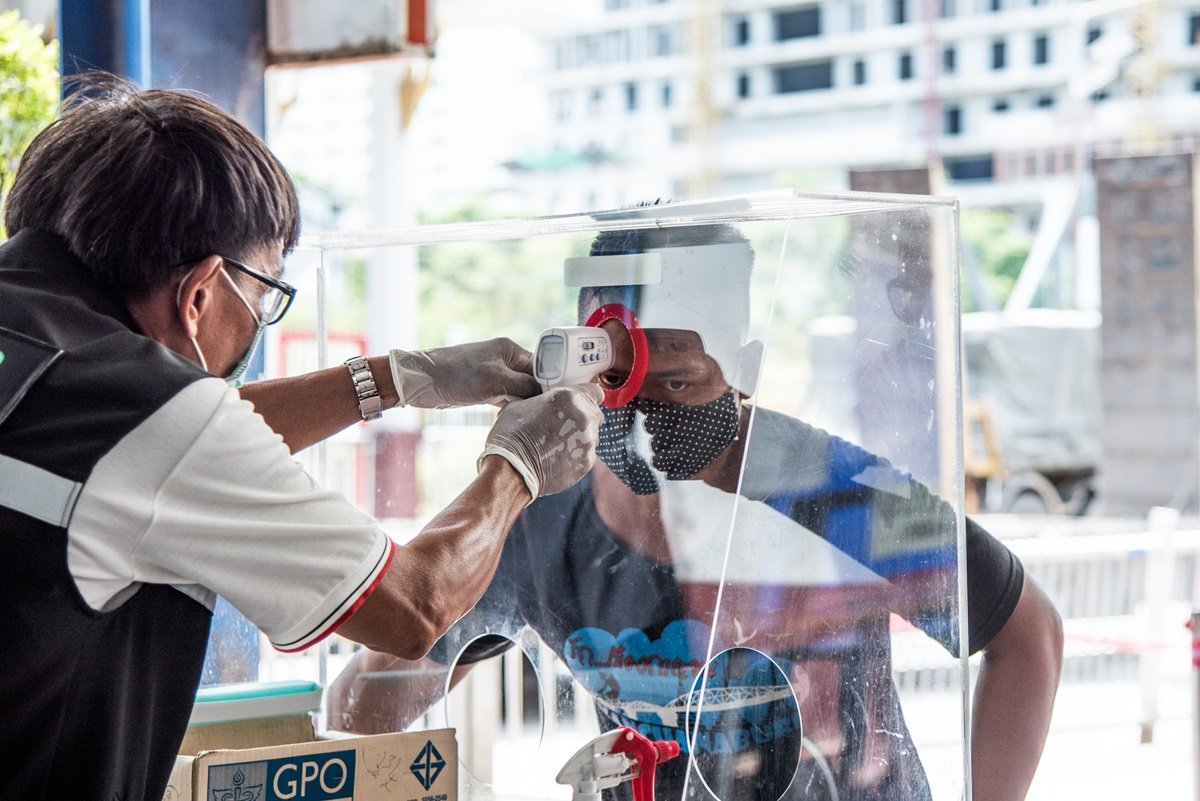Governments final week continued their detailed examination of a major variety of the over 300 proposed amendments to the WHO Worldwide Well being Laws 2005 (IHR). On this fourth spherical of intensive discussions, happening below the aegis of the Working Group on Amendments to the IHR (WGIHR), the 196 State Events to the IHR – which embrace WHO’s 194 Member States(1) – mentioned proposed amendments associated to the next matters:
Accountable authorities – Article 4
Notification, verification, and provision of data – Article 5 (paragraph 4 and new paragraphs 5). Articles 6-11, Annex 2 and new Annex 2
Dedication of public well being emergency of worldwide concern – Article 12
The Emergency Committee – Articles 48, 49
Momentary and standing suggestions – Articles 15, 16, 17, 18
The Working Group agreed that efforts ought to proceed in the course of the intersessional interval as follows:
discussions between proponents of assorted proposed amendments, with a view to presenting any outcomes to the drafting group for consideration; and
intersessional briefings and facilitated casual consultations, in a hybrid format, open to all drafting group members, in addition to joint intersessional work with the INB at dates and instances to be introduced, protecting Articles and Annexes mentioned in the course of the fourth assembly of the WGIHR, together with these which were the topic of intersessional work. The outcomes of facilitated casual consultations are understood to not represent agreed textual content, and shall be translated and made out there prematurely of the subsequent WGIHR assembly in October 2023.
The IHR had been initially adopted to set out agreed approaches and obligations for international locations to arrange for, and reply to, illness outbreaks and different acute public well being occasions with danger of worldwide unfold. The unique Worldwide Sanitary Laws had been revised 3 times – in 1969 (after they turned Worldwide Well being Laws), in 1981, and in 2005. The IHR, of their model adopted in2005, have been amended twice – in 2014 and 2022 (the most-recent amendments haven’t but come into drive). The latest proposed amendments are available in response to the challenges posed by the COVID-19 pandemic.
“We made wonderful progress this week on vital and substantive areas of the IHR which the States Events had recognized as key areas for revision within the wake of the expertise with COVID-19,” mentioned Dr Ashley Bloomfield, former Director-Normal of Well being, New Zealand and Co-Chair of the IHR Working Group.
“COVID confirmed the world how weak all of us are and what wanted fixing within the world public well being structure if we’re to be higher ready for the subsequent massive occasion and the tone of the discussions throughout final week’s assembly clearly exhibits that everybody desires to make sure that this course of is profitable.”
All through the 5-day assembly from 24-28 July, the WGIHR harassed the significance of completely contemplating the proposed amendments on their deserves of filling important gaps within the implementation of the IHR, whereas being aware of the significance of the rules of fairness, sovereignty, and solidarity.
Fellow IHR Working Group Co-Chair, Dr Abdullah M. Assiri, Deputy Minister of Well being, Kingdom of Saudi Arabia, mentioned governments had been dedicated to strengthening the IHR for the good thing about each nation and each citizen.
“Nations are within the driver’s place for this course of, as they suggest important amendments to the IHR and make choices needed to handle threats to public well being. This week, we’ve witnessed how their constructive angle and environment friendly work have enabled us to make substantial progress. Between now and the Working Group’s upcoming assembly in October, a substantial amount of diligence and energy shall be required,” added Dr Assiri.
In parallel with the IHR amendments course of, governments are additionally negotiating the drafting of a WHO instrument on pandemic prevention, preparedness and response, additionally known as a pandemic accord. The INB and WGIHR held a joint Plenary assembly on 21 and 24 July to debate the connection between the processes and devices of the INB and WGIHR and matters of frequent curiosity to each processes.
WHO Member States issued the Worldwide Sanitary Laws in 1951, the precursor to the IHR, which got here into being in 2005. The IHR are an instrument of worldwide legislation that’s legally-binding on 196 State Events, together with the 194 WHO Member States.
(1) Liechtenstein and the Holy See are State Events to the IHR however not Member States of WHO.
